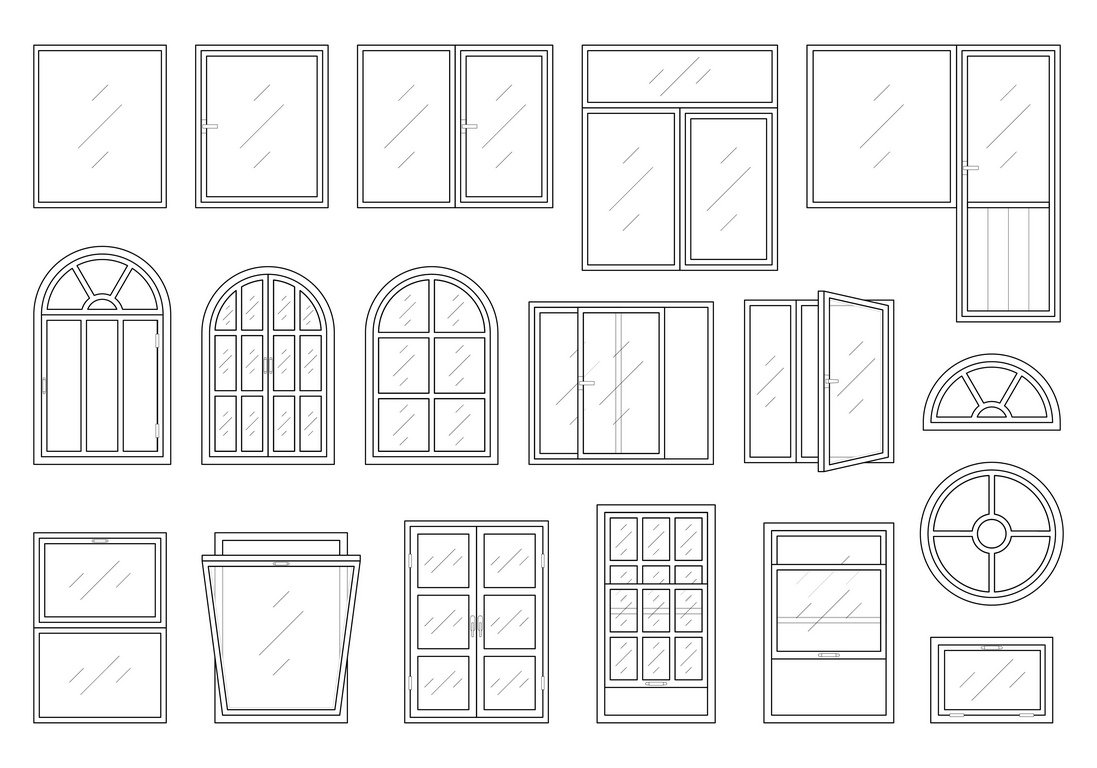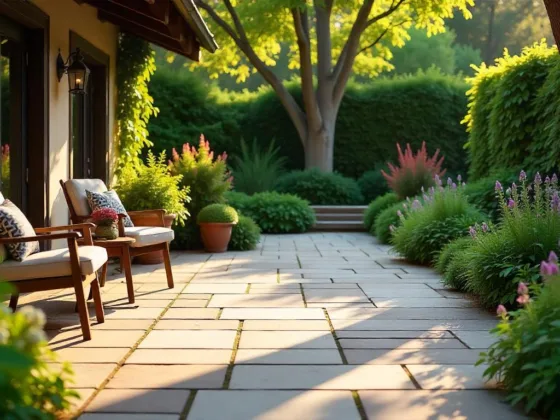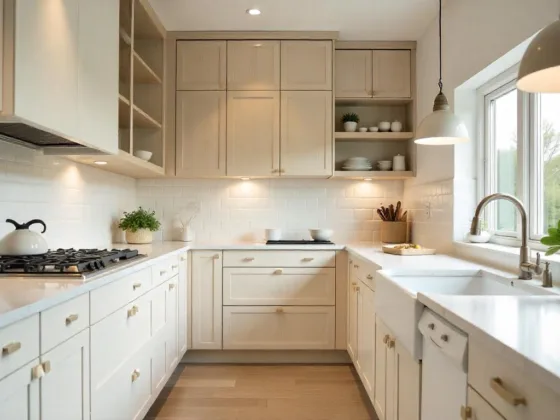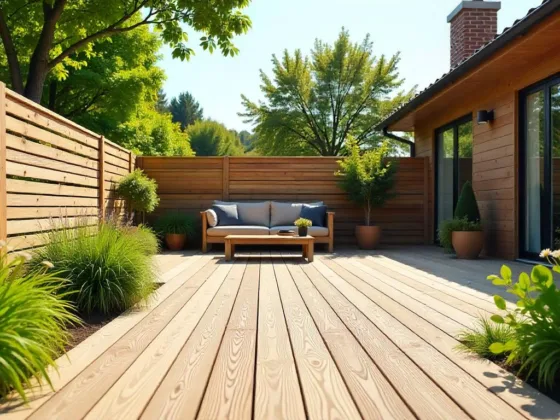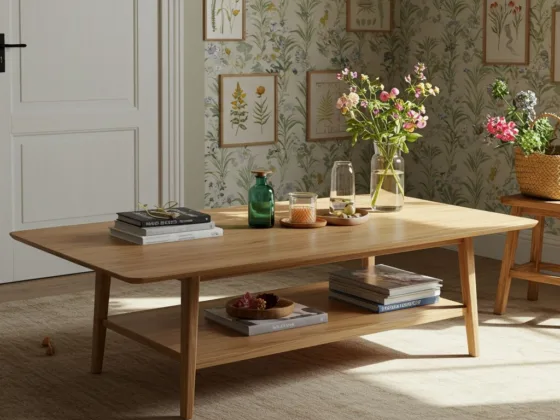Table of Contents Show
Buildings rely on several elements to meet your needs, from doors to walls to floors to windows. Each of these plays a role, and you can barely do without any of them. This article bases its discussion on windows.
Windows are openings on your walls or roof, providing ventilation, lighting, and aesthetics. To keep you and your family safe from the elements, such as debris and rain, you’ll need to install frames and panes in your windows.
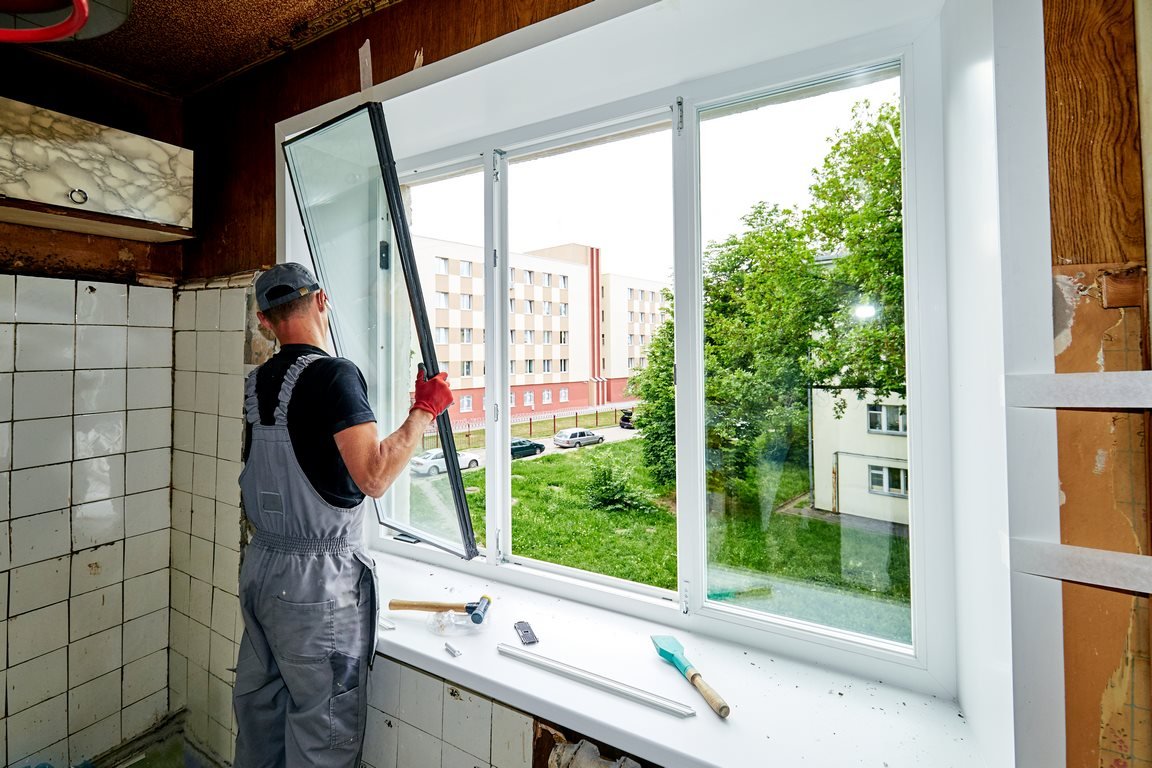
This is often done during the construction phase. However, over time, you can decide to replace them due to damage, renovation, or if you want to increase your home’s value.
For a successful window replacement, there are factors you must consider. What are these factors? Read on to learn more about them.
1. Cost
Cost is a common determining factor when looking to invest in any aspect of your home, including when looking to replace your windows.
Money is often limited, and most homeowners aim to reduce expenses as much as possible to avail more to meet their needs and safeguard their future. Here, you want to spend the least money on this project. How will you achieve this?
The first aspect to consider is the initial cost of the window. One thing to remember is that different window types aren’t priced similarly. For instance, the cost of UPVC sash windows will vary from that of aluminum sash windows.
The disparity arises because of differences in design, frame material, and size. The more complex the design and the bigger the window, the more it’ll cost you.
After you’ve settled on a given design, it’d be best to compare the prices of several vendors. However, don’t fall into the trap of automatically opting for the vendor offering the lowest price.
Also, don’t instantly go for the most expensive one, thinking that it’s the best among the bunch. Always remember that price doesn’t usually reflect a product’s quality. Instead, choose one that’s cost-efficient—affordable, but durable, and aesthetically pleasing.
Read Also:
The other aspects to consider are installation and maintenance costs. The amount you’ll pay for installation depends on the ease of the process. The more challenging it’ll be, depending on the design and the material’s delicate nature, the more money you’ll have to shell out; the reverse also applies.
In terms of maintenance, you want a window you won’t have a challenge taking care of. The more complicated it’ll be, the more expensive it’ll be in the long run. Suppose you adopt a wooden-framed window.
You must regularly stain it to prevent moisture penetration, which leads to rotting. However, a frame like aluminum only requires regular wiping using a damp cloth.
Once you’ve summed up the initial installation and maintenance costs, comparing this figure to your budget is advisable. You want to buy a window within and not outside your budget. This prevents future financial strain.
It’d help to visit webpages such as https://windowinstallercosts.com/en-gb/cost-of-bay-windows-installed/ to get more information on how much you’ll likely spend on a given window, especially if you’re considering bay windows.
2. Types of Windows
Different windows serve different needs. If you’re looking to get more light into your home from the windows, consider adopting fixed windows; these don’t have any openings.
Alternatively, you can adopt the French window design, which runs from your floor to almost ceiling height. This can give more natural light to your home. Suppose you’re looking to replace your bathroom windows.
You may opt for translucent windows to allow light inside without compromising your ventilation and privacy requirements.
Windows also come with varying frame styles, which could be made out of aluminum, UPVC, wood, etc. If you have a natural theme in your space, a wooden-framed window will suffice to ensure the theme’s continuity. For a modern and sleek design, settle for aluminum-framed windows.
Meanwhile, when it comes to building design, your windows should serve to complement it and not bring up issues. For example, if your house has no shades or the roof doesn’t extend considerably to provide adequate cover over your windows, it won’t be best to replace them with bottom-hung windows that open outwards.
Such windows will bring rainwater and other debris from above into your space. This makes it challenging to maintain your internal space. In such a scenario, top-hung windows will suffice.
3. Energy Efficiency
Energy efficiency is using less energy to execute tasks and meet your daily needs. This is often in relation to electricity. Electricity generation can lead to harmful emissions that destroy the environment. By minimizing this consumption, in your own little way, you’re not contributing to the destruction of the environment.
How can you be energy-efficient in your window replacement project?
Consider adopting double- or triple-glazed windows. These windows will reduce, if not eliminate, heat loss and gain through your windows. Therefore, you won’t need to worry about insulating your home.
If you must insulate your home, you can adopt HVAC units to supplement the windows. Since you’ll utilize two systems, you don’t need to invest in an HVAC unit with optimum features.
Standard features will suffice, which won’t lead to too much electricity consumption. In turn, it also reduces your energy bills, which is another plus.
However, double-glazed windows will only provide adequate insulation if you install them correctly. Ensure there are no air leaks. It’d help to work with a professional during the installation. They’re better positioned to install the windows correctly.
Conclusion
The window replacement project shouldn’t be challenging or frustrating. It should be a straightforward process, which you can only achieve with appropriate guidance and with the help of professionals.
